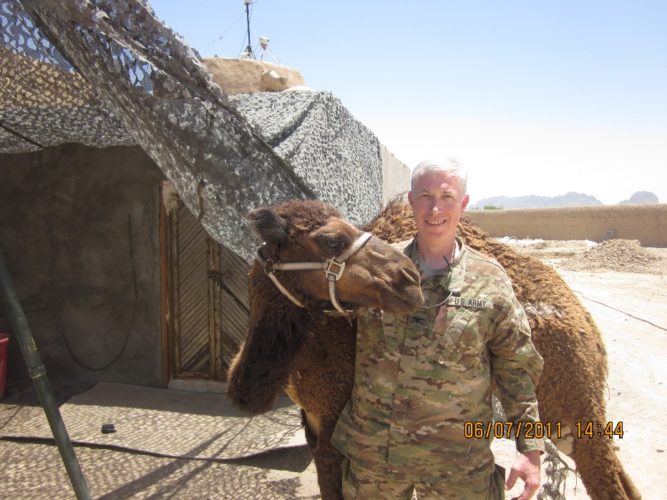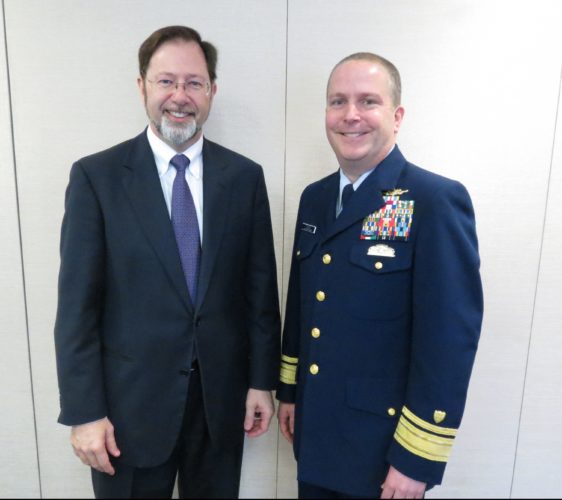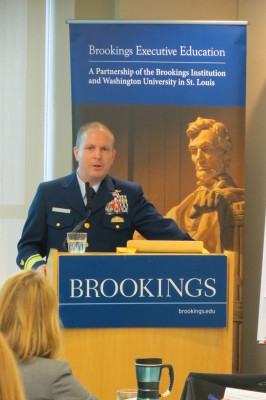As we wrap up activities of the fall semester, we are continually reminded about the troubling events that took place in our community before the semester began. Again and again, we are reminded of the deep issues of race and inequality that continue to divide our community and communities around our nation.
I believe there is an important role for business leaders and our school to play in the economic revitalization and healing process of our communities. Over the last two months, I have been in discussions with our senior leadership team and leaders in the St. Louis business community to begin to define how Olin can contribute as we push forward.
Chronic disparities in access to education, healthcare, and business development won’t be solved by a single discourse, project, or activity. Leaders of our community need to develop a long-term strategy to share knowledge, create awareness, and identify opportunities that aim to address the inequities that exist in our society. Olin, like Washington University, is committed to being an active force for positive change.
Olin has an opportunity and a responsibility to lead. However, we also must be responsive to local needs and consider carefully what actions and projects will have sustainable and lasting impact. For that reason, we have been in serious discovery conversations with other important stakeholders here at Washington University and in the St. Louis business community. Together, we are working to identify specific projects that will harness our most important asset—the skills, energy, and passion of Olin’s students, faculty, and staff.
I look forward to engaging in discussions with the Olin community on these important issues in the new year. Our goal is to formulate a purposeful response to the needs of communities like Ferguson that can bring about lasting change for the good of all. It is a formidable challenge, but I feel confident that we, at Olin and Washington University, can use our skills and creativity to make a positive impact.
Best wishes for the holidays and a restful semester break.







